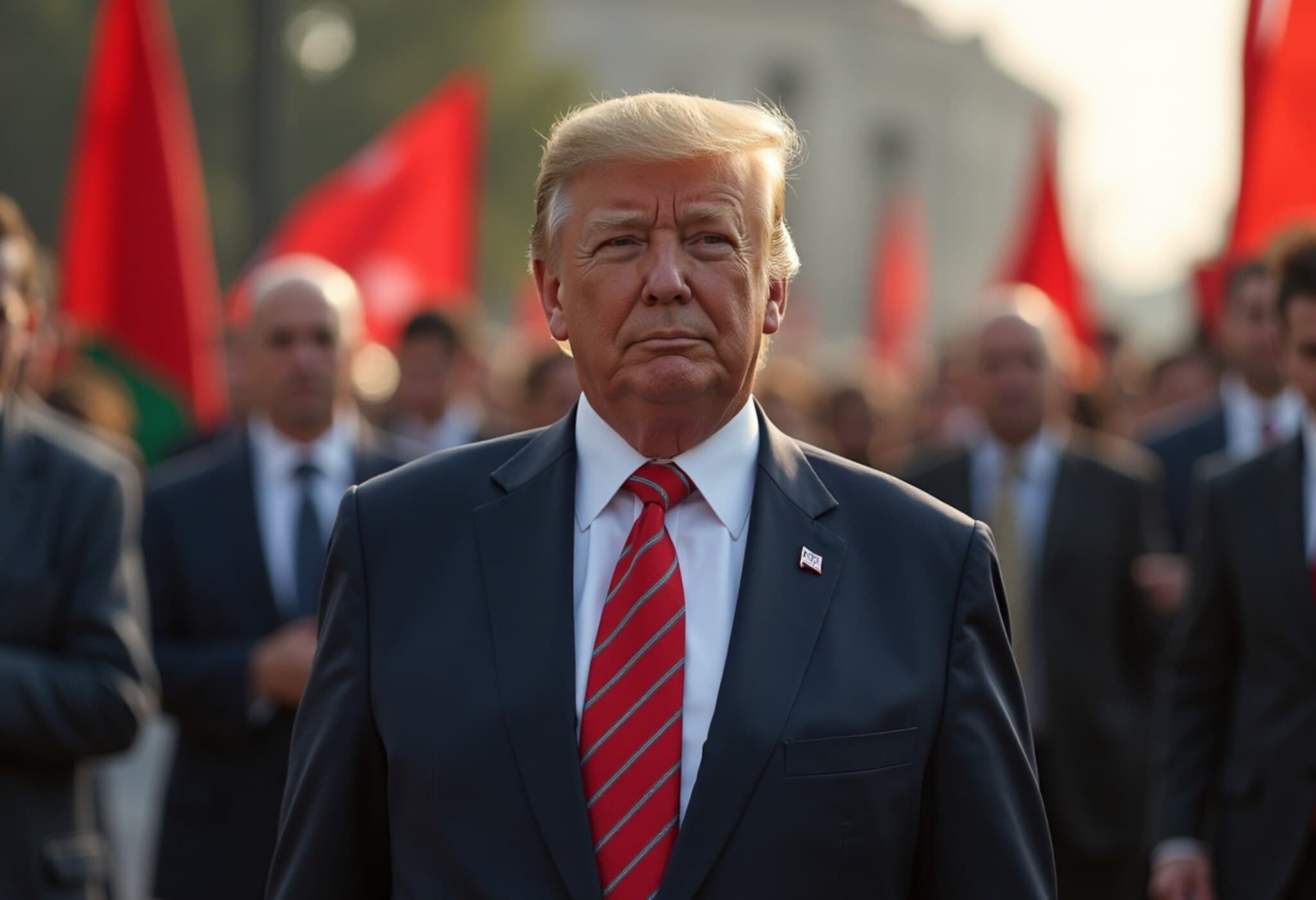Europe’s Innovation Pact with Israel Under Scrutiny Amid Gaza Conflict
On July 28, 2025, the European Commission took a critical step by proposing the suspension of EU funding to Israeli startups engaged in developing technologies with potential military applications. This move signals a profound ethical dilemma facing the EU’s flagship research and innovation program, Horizon Europe, under which Israel has been an associate member since 2021.
The Backbone of European Innovation Collaboration
Horizon Europe stands as the European Union’s most ambitious program, with a staggering budget of €95.5 billion dedicated to fostering transformative research and disruptive technologies. Israeli startups and small businesses have benefited from this initiative, notably through the EIC Accelerator program, which supports entrepreneurial ventures focusing on frontier technologies.
However, the current escalation of the Gaza conflict has amplified concerns over the unintended military use of technologies initially funded for civilian innovation.
Ethical Quandary: Dual-Use Technologies and Their Consequences
The Commission’s proposal directly addresses the issue of dual-use technologies—innovations that possess potential civilian applications but can be repurposed for military use. This is especially pertinent for fields such as cybersecurity, artificial intelligence, and drone technology.
One of the most contentious cases is the Israeli company Xtend, which developed the Skylord Xtender drone technology with €50,000 from the EIC Accelerator program. While initially intended for commercial applications, this drone has been reportedly adapted for military operations by the Israeli Defense Forces (IDF), particularly after the conflict escalation post-October 7, 2023.
This advancement highlights a clash between the EU’s prohibition on financing direct military technology and the reality of these technologies being employed in armed conflict, raising serious human rights concerns.
Political and Human Rights Implications
The move to consider funding suspension comes amid heightened diplomatic pressure by both the EU and Gulf States, including Saudi Arabia, which have been vocal advocates for a ceasefire in Gaza. The European Commission’s recent review of the EU-Israel Association Agreement pointed to Israel's actions conflicting with fundamental human rights principles upheld by the EU.
Should the suspension be enacted, it would mark a significant shift in the EU’s stance—potentially the first formal funding restriction toward Israel since the Gaza crisis escalated.
The Delicate Balance Between Innovation and Responsibility
While the suspension aims to uphold human rights and ethical standards, it also poses challenges regarding innovation and cross-border collaboration. Israeli startups currently rely on European partnerships and funding to scale innovation, driving the global technology ecosystem. Curtailing support might slow technological progress or redirect it toward other regions less concerned with ethical oversight.
This situation raises pressing questions about how to govern and supervise dual-use technologies effectively, ensuring that investments align with broader international humanitarian norms without suffocating legitimate innovation.
Looking Ahead: What This Means for Stakeholders
- For policymakers: This decision will test the EU’s ability to balance strategic international cooperation with its commitment to human rights.
- For innovators and startups: There is growing urgency to develop transparent frameworks that clarify the end-use of funded technologies.
- For global observers: This may prompt broader reflection on how dual-use innovation is managed globally amid geopolitical conflicts.
As the proposal now moves to deliberation among EU member states, its outcome could redefine the boundaries of international science diplomacy and ethical finance at a pivotal moment.
Editor's Note
Europe’s potential withdrawal of funding from Israeli tech firms amid Gaza’s ongoing conflict encapsulates the complex intersection of innovation, ethics, and geopolitics. It highlights how scientific progress cannot exist in a vacuum isolated from human rights considerations. As technology increasingly blurs the lines between civilian and military use, the EU faces critical choices about stewardship, accountability, and international solidarity. Readers are invited to reflect on how innovation policies worldwide might evolve to address these challenges responsibly.



















